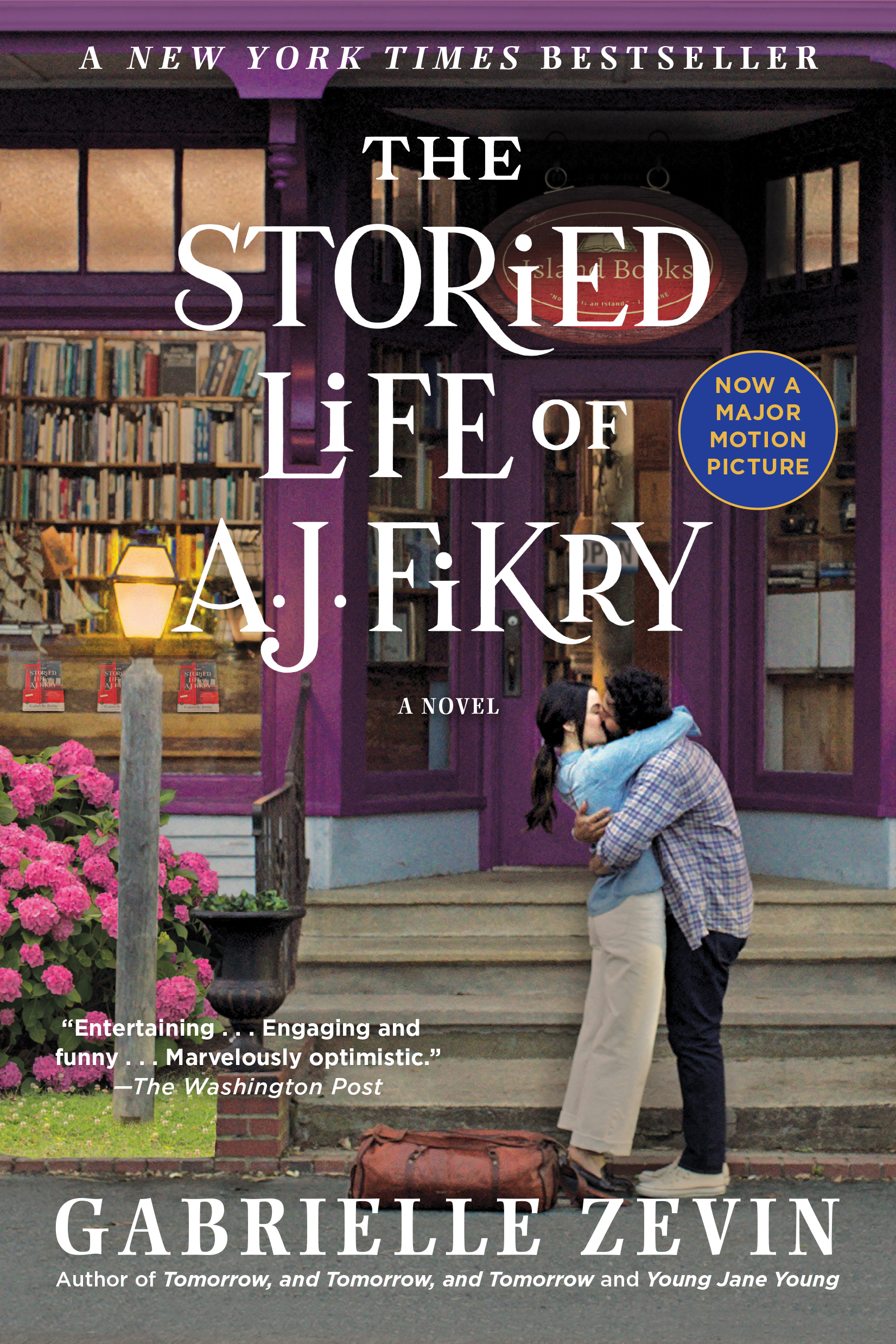Exciting news! EDIWTB has been nominated for two awards for Book Blogger Appreciation Week! Thanks to your support, this blog is a top-5 finalist both for Best Literary Fiction Blog and Best Book Club Blog. I am very excited! If you don't mind – please go vote for me in both categories. You can only vote once. Go here for the full list of nominees in all categories.
And now to today's post. In July, EDWITB readers participated in an online book club for The Septembers of Shiraz by Dalia Sofer. Dalia graciously agreed to answer reader questions about the book and her writing process. Here are the questions and answers, below.
Hello, thank you for reading the book and for your comments and questions. I hope you’ll find the following answers helpful.
Warm Regards,
Dalia
Q: Authors often write their first novels based on their own experiences. You had a wealth of material to draw from because you lived a lot of your book. But, for your second book, will you have to start from scratch? This seems like it will be far more difficult, so I am wondering what you will write about next.
A: I wouldn’t call it “starting from scratch,” because the initiation of any given novel is, in my opinion, driven by emotion, which is by definition very personal. So while the story, setting, or time period may be completely different from the writer’s, the emotional impulses behind them are very much autobiographical. I have already begun my second novel, and though I can’t divulge much about it at this point, I’ll only point out that it’s the story of an octogenarian butcher in a remote village in Southwest France. While this is a region that I am familiar with, I still need to do a lot of research. In this respect, you could say that the writing is more difficult than the first novel. But in other respects it’s actually far easier, because the story isn’t born from as a raw a place as my first book was. While much of The Septembers of Shiraz is fictional, I still had to unearth a lot of pain in order to write it. The prison sections were particularly challenging.
Q: What was your family's reaction to the book?
A: The reaction was very positive, though the feelings it evoked were bittersweet. Again, while much of the book is fictional, I think it brought to life feelings that we have all been carrying since that time. Someone described this book as a “family love story,” and that’s a very accurate description. That’s how I think of it also.
Q: Obviously I was relieved when Isaac secured his release from prison. However, the way in which he did this was deeply unsettling. Was it realistic that Isaac was disturbed, but not tormented, by the reality that his ability to buy his way of prison probably resulted in the torture and death of others?
A: The alternative would have been death. Isaac is a man who loves life and he ultimately decides to allow his wealth to rescue him. His money may further fund the revolution, but it’s an indirect consequence, which he decides he can live with. (This may not be a perfect decision, but at the same time, throughout his imprisonment, he did not once implicate anyone else—something his interrogator tried to get him to do. In my mind, that would have been something that he could not have lived with…) It’s very hard to know how one may react when faced with imminent death. Isaac wants to live, for his family—and for himself.
Q. Shirin's narration was especially compelling and I couldn't help wondering how much of what we saw through her eyes was very closely based on your experiences. I'm dying to know if you actually stole and hid files.
A: Alas, Shirin’s sections are largely imagined—I did not steal any files! But that state of bewilderment and confusion is one that I remember very well. And the passage about absence being very close to death came from a sensation I developed at that time.
Q. Sofer means writer in Hebrew – is this a pen name or a family name you grew into?
A: Sofer is my actual surname. My father is originally from Iraq (and the story goes that my ancestors were biblical scribes!)
Q: I'd also like to know about your writing process or if you have any special writing rituals.
A: I don’t think I have a special process or “rituals.” I am not a planner. I like to surprise myself, so I usually sit down to write with just an image in mind—or a feeling. What comes out usually isn’t at all what I had anticipated—and that’s exactly what thrills me. It’s a constant discovery—of the world, of myself, and of what we make of each other. That said, I do keep track of certain narrative threads. The process is a continuous balancing act between spontaneity and form.
Q: What were the biggest challenges for you when you were adjusting to your new life in Israel and then America after fleeing Iran?
A: Making sense of the loss, which expressed itself as a constant void. (I think this was particularly challenging because I was still very young.) Also difficult was being forced to be positive and cheerful and being told to always look on the bright side… This created a real schism between how I really felt and how I pretended to feel.
Q: Who are your favorite authors?
A: Marcel Proust, Gustave Flaubert, Romain Gary, F. Scott Fitzgerald, James Joyce, Franz Kafka, Vladimir Nabokov, Federico Garcia Lorca, Pablo Neruda, Andre Aciman, Ann Tyler, Marilynne Robinson (among others).










About Me
I have been blogging about books here at Everyday I Write the Book since 2006. I love to read, and I love to talk about books and what other people are reading.